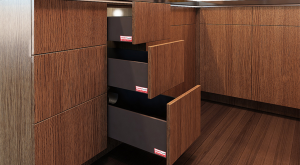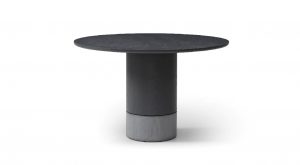Featured Post
Easy Cabinet Assembly Tips
Assembling cabinet furniture can seem daunting, but with the right approach, it becomes a manageable task. This guide will provide you with comprehensive tips to make your cabinet assembly process smooth and efficient.
Preparing for Assembly
Gathering Essential Tools and Materials
Before you start assembling your cabinet, gather all the necessary tools and materials. Common tools include screwdrivers, a hammer, a drill, measuring tape, and safety gear like gloves and goggles. Having everything on hand will save you time and prevent interruptions.
Understanding the Assembly Instructions
Always start by reading the instructions that come with your cabinet. Understanding the steps and identifying all parts beforehand can prevent mistakes and make the process more straightforward.
Creating an Ideal Workspace
Choose a clean, spacious area for your assembly. A clutter-free workspace ensures you have enough room to maneuver and lay out all parts without losing anything.
Detailed Assembly Guide
Unpacking and Sorting Components
Carefully unpack all parts and hardware. Organize them according to the instructions, grouping similar items together. This step helps you to easily locate parts during assembly.
Building the Cabinet Structure
Start with the main structure of the cabinet. Follow the instructions to connect the side panels, top, and bottom. Ensure all screws and fittings are securely tightened but avoid over-tightening to prevent damage.
Installing Doors and Drawers
Once the frame is assembled, attach the doors and drawers. Align the hinges and drawer slides accurately to ensure smooth operation. Adjustments might be needed to align everything perfectly.
Ensuring Stability and Safety
Securing Your Cabinet to the Wall
To prevent tipping, secure your cabinet to the wall using brackets or anti-tip straps. This step is crucial for safety, especially if you have children or pets.
Fine-Tuning Hinges and Hardware
After assembling, check all hinges and hardware. Make necessary adjustments to ensure doors and drawers open and close properly without sticking or gaps.
Final Checks and Troubleshooting
Conduct a thorough inspection of your assembled cabinet. Check for any loose screws or parts. Troubleshoot any issues by consulting the instruction manual or seeking online help if needed.
Expert Tips and Advice
Personalizing Your Cabinet
Personalize your cabinet with paint, varnish, or decorative knobs. Customizing can enhance the aesthetic appeal and match your home décor.
Proper Maintenance and Upkeep
Maintain your cabinet by regularly checking for loose screws and hinges. Clean the surfaces with appropriate cleaners to keep your cabinet looking new and prolong its lifespan.
By following these easy cabinet assembly tips, you'll not only complete your project efficiently but also ensure that your furniture is stable and durable. Happy assembling!









